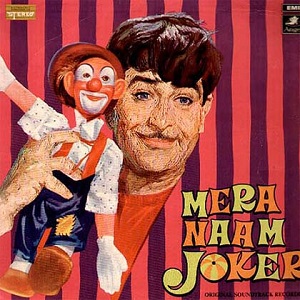When Southall was the epicentre for records
|
In the diverse and dedicated world of record collecting, Indian vinyl from the 1960s and 1970s probably ranks as one of the most niche areas, a mystery to all but the most ardent vinyl junky.
For the Record has been produced as part of a joint project between the Methods Lab at Goldsmiths, London University and the Gunnersbury Park Museum. It includes in-depth interviews, archive footage, and photography, as well as some classic records.
The result is the story of Indian vinyl, the significance it has for the local and wider community and a look back to the time when Southall in West London was the epicentre of the experience and exchange of Indian vinyl records.
With a fast developing South Asian community, Southall in the 1960s and 1970s was one of the first places in the UK where South Asians could discover and hear Indian vinyl records of different genres in public, including filmic, devotional, folk, ghazals, qawalis and bhangra music.
The trade had humble beginnings. To begin with, in the early 1960s, there were hardly any Asian record shops in Southall, with records brought over in suitcases and traded or sold in theatres where Indian films were shown on Sundays.
Eventually the Virdee Brothers opened the first Asian record shop in 1971 close to The Dominion Cinema, one of the largest Asian cinema halls in the UK. Customers would go from cinema to record shop and vice versa.
Tunes soon began pouring out of record shops and onto the streets.Communities eagerly produced, broadcast, bought, sold, exchanged, discussed and experienced a vast quantity of vinyl.
Customers didn't only turn up for the records; the shops also functioned as meeting places where friendships were forged in between the shuffle of record sleeves.
Social gatherings for listening to records often developed into mehfils, where singing and poetry were performed over drinks, food and conversation.
Fast-forward to today, and the only new Asian records being produced in the UK are by Bhangra labels. Yet despite the global shift to digital for the production of music, an appreciation for the sound of vinyl persists.
The records have become registers of time and for many devotees of the genre, the records were and still are journeys in themselves. (photos © Courtesy Goldsmith's University)
For the Record – The Social Life of Indian Vinyl in Southall.
Special film screening and discussion with the film makers at.The Story So Far celebration THIS Saturday 26th Sept - 11am- 3 pm at Ealing Central Library
23rd September 2015
